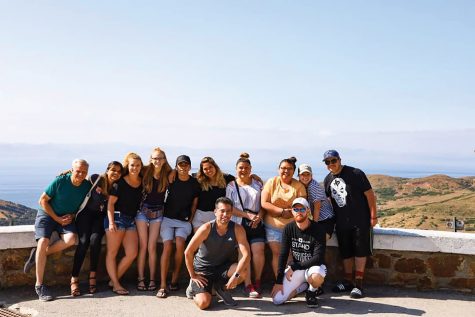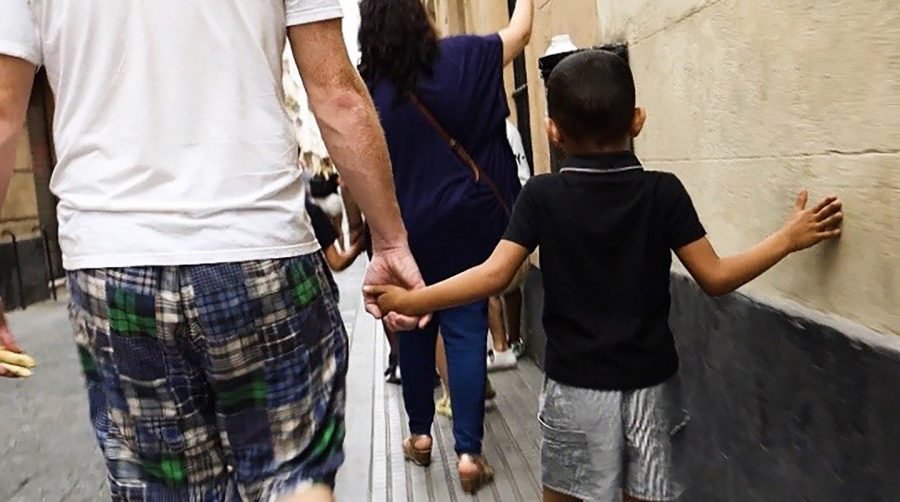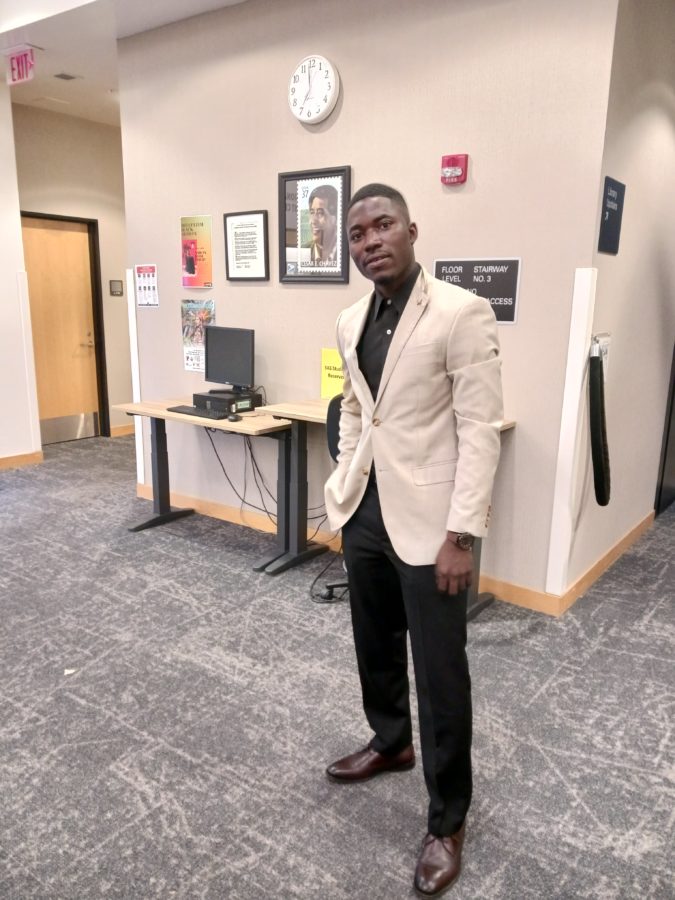Over the summer, I was privileged enough to serve on the first mission trip I’ve ever participated in with my church.
Alongside Hillside Church, I traveled to Jerez de la Frontera, Andalucia, Spain, which is located in southwestern Spain, where over the course of two weeks, we ministered to the refugees who were leaving a variety of countries in Africa, crossing the Mediterranean Sea, and coming to Jerez.
The primary objective heading into Spain was to first and foremost preach the gospel – the message of hope that Christians believe, that man is born inherently sinful, evil, and having a broken relationship with God.
Our nature came into the world through Adam and Eve’s disobedience to God in the Garden of Eden many years ago.
As a result of the sin that we are inherently born with, each and every one of us deserves to spend eternity in hell, forever separated from our Creator.
Now, if you’re not a Christian, you may have just read those last two sentences and thought to yourself, “Man, that’s a harsh message to communicate to refugees forced to flee their home country.”
However, that’s not the end of the message of the gospel. While hell is what we all deserve, that is ultimately not what the gracious God that we are all under the authority of desired for all of mankind.
God initiated our reconciliation with him, by sending his one and only Son, Jesus Christ, to die on the cross for the sins of the world, paying off a debt of sin that we are all incapable of paying ourselves.
Three days after his crucifixion, Jesus rose from the dead, conquering the grave, and making reconciliation with God and eternity in heaven with him possible for all who would believe in him, his crucifixion and resurrection from the dead, and confess their sins and need for him as their Savior.
Jesus came so that, no matter where people were born or came from, if they believe in him, they would be saved.
While sharing this message of hope that is the gospel with the refugees was the biggest objective in this mission’s trip (it’s not a Christian mission’s trip if the spreading of the gospel is not the highest priority) we also painted fences and rooms, organized closets containing clothes to be distributed to the refugees, and moved furniture for the refugees.

Hillside Church’s 2019 Spain Mission team poses for a photo in Tarifa, Andalucia, Spain
In the time we spent time with these refugees, we shopped and went out to eat, they opened up their homes to some of us for a home cooked meal and we heard truly heartbreaking stories of what led to their departure from their home countries in Africa and their arrival as a refugee in Spain.
It wasn’t until hearing their stories that I truly realized how sheltered my life in the U.S. has been.
One refugee had his home surrounded by a group of individuals with guns, threatening to end his life if he did not leave.
This same refugee crossed the Mediterranean in an inflatable boat that developed a hole in it at some point in his journey. He had to continually scoop water out of his boat until reaching Spain, almost dying a few times during his trip.
Another story was shared with our team by our leader about a girl who had to bury her entire family because she was the only one fortunate enough to survive the journey.
It was a blessing and an honor to have the opportunity to tell these refugees about the gospel and to love them, as Christians are called to in the Bible.
Leviticus, the third book in the Old Testament of the Bible, the book that we Christians believe to be the holy, inerrant Word of God, says in chapter 19, verse 34, “You shall treat the stranger who sojourns with you as the native among you, and you shall love him as yourself, for you were strangers in the land of Egypt: I am the Lord your God.”







